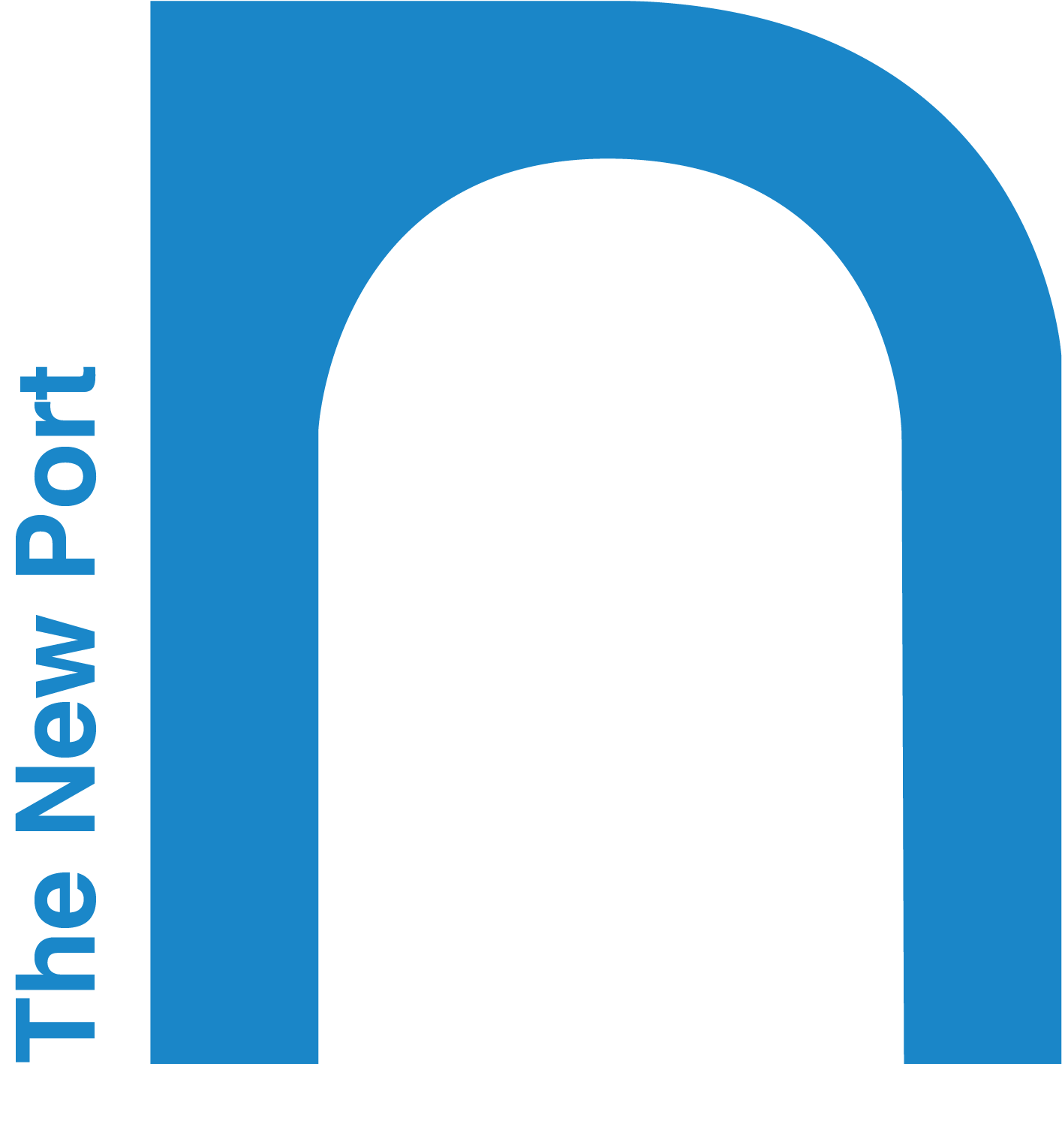“What is the purpose of life?” Have you asked yourself this lately? Or haven’t you really, because you wake up every morning and life just rushes by? In a day, professional and personal goals have to be met: your colleagues need answers, that 10K needs to be run, groceries need to be done and it’s time for the hairdresser yet again. That deal needs to get closed, your house needs refurbishments, your LinkedIn needs a boost of some kind and God, is it Thursday already? Time for your weekly visit to your mom.
“What is the purpose of life?” is probably the oldest philosophical question there is. It is the question that has occupied mankind for thousands of years with no prospect of consensus. The lack of an unambiguous answer to that question might be regrettable, but it also gives us the freedom to give our own purpose or meaning to our existence. In other words, the purpose question helps us to determine what is essential in life. In 2018, journalist and writer Fokke Obbema suffered a heart-attack and found himself nearly dead. It made him, like many others that have lived a drastic event, ask himself about the purpose of life. Subsequently, he started an interview series for the Dutch newspaper De Volkskrant for which he asked numerous people with various backgrounds and lifecycles about the purpose of life.
Sharing Vulnerability
Philosopher Tim Fransen, one of the interviewees, believes that vulnerability is the condition for everything that is beautiful and valuable in this life. Preacher Claartje Kruijff agrees. According to her, every human being is a link in a larger covenant. When we know ourselves to be vulnerable, we can feel it at first hand. Faced with issues of life and death or forced by illness to ask for help, we can experience that deep connection with others. The fact that the vulnerability of our existence is usually obscured is related to a society that puts autonomy and self-reliance first. Success and status are societal core values, with the result that we have come to experience life in the same way: you have to do well yourself. Whereas in the relentless search for purpose of recent times, we should not forget the dark sides of life and maintain the awareness of mortality. As Nietzsche stated, we all share the same destiny as we all are ‘brothers in death’. More than anything, it is the suffering and the sharing that takes us further in terms of compassion, community, gratitude and doing something for others.
“Vulnerability is the condition for everything that is beautiful and valuable in this life”
Tim Fransen, Philosopher
The relationship with and happiness of others turned out to be leading in the interview series: almost no ‘purpose of life’ was formulated without a leading role for the other. If we want to build better relationships with each other, we need to talk more deeply about the qualities of these relationships; how exactly our thoughts and feelings and prejudices work in relation to our technological society; and what it means to strive beyond technological efficiency for lives that are worth living. Online, we show our achievements, while shielding out our vulnerabilities. By keeping bad luck and pain out of the picture, we forget that the most meaningful moments of our lives lie in sharing vulnerability, asking for help and offering support.
Life is a learning process
Hindu priest Ashis Mathura states that life is a learning process that aims to discover its meaning. ‘Becoming a human being’ is one of the tasks of Hinduism. You are not yet a human being, you have to become one and grow into an individual who thinks for himself, determines his own ethics and above all: experiences himself.
But you don’t have to be a Hindu to experience life as a school of learning. The New University enhances this learning by inviting us to reflect on the relevant questions of our existence and to discuss them with others in a social context. During one year, twelve get-togethers will take place in which four different themes will be addressed.
What is your role in society and what can be your contribution to it? How do you look for a purpose? How should we position ourselves with regard to technology? And how do we strike a fair balance between our personal interests and the common good, in the changing times we are in? With the help of renowned teachers and experts and with the help of old sources, The New University enhances your understanding of the new times and your possible role in them. Because life, above all, is a learning process.


